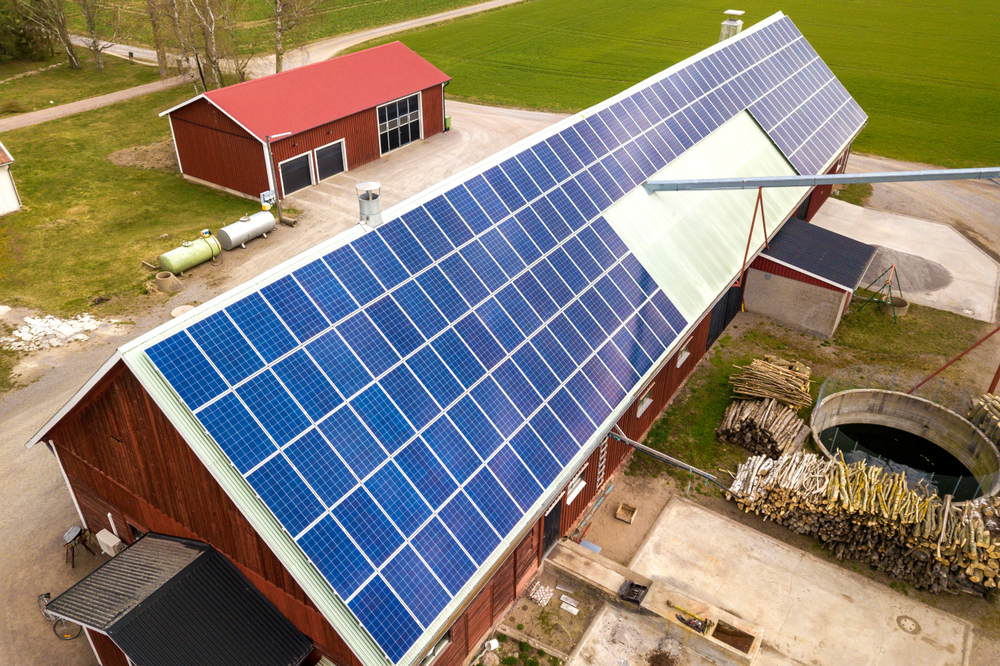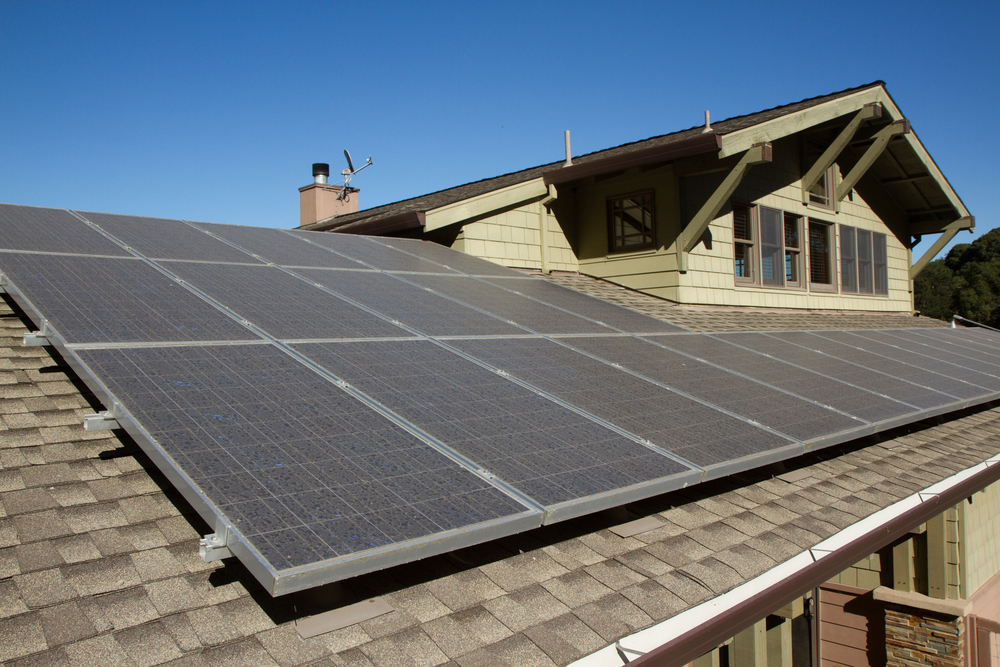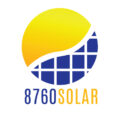Contrary to popular belief, solar panels alone don’t keep your power on when the grid is out. This is because if the solar panels continue sending power to the grid during an outage, it poses a safety hazard to the utility workers attempting to get everything back up and running. This leaves your solar panel system out of commission for a while, unless you have a backup system in place. When people think of backup systems, they often think of solar batteries. While that may be true, solar batteries often cost much more than what they are worth. So the question is, when would installing a solar generator be beneficial?
Solar generators are great for areas that regularly experience multi-day power outages and need power for your entire home. Plus, they are the less expensive backup option. Batteries are better for areas where you can reduce your reliance on the grid and you need to power your basic appliances for a day or two. You can read more about the differences in solar batteries and solar generators in our blog post.
Rural Areas - Generator or Battery?
Rural areas that are typically off the power grid are more likely to benefit from a battery system than a solar generator. Solar batteries are meant for daily use and creates an energy cycle between the solar panels and the backup system. Solar generators in rural areas can also be beneficial, but usually only in the event that the batteries need to be recharged or the solar panel system is out. Solar generators are the backup system of the backup system in this case.
Generators can only function when your solar panels are turned off so if you’re attempting to power your home through the generator and your panels, you’re going to lessen the lifespan of both systems.


Suburban Areas - Generator or Battery?
Residential areas like outer city or suburban areas often have power outages. There are far more varying circumstances such as car accidents, severe weather, falling trees, or animals in the suburban area. With that said, it’s not a bad idea to have a generator installed to catch you during long periods of time. They can save you a headache when you know you’re going a few days without electricity. Batteries are good options too, but for shorter periods of time.
Other Backup Options for Home Generators
Solar
Whole home generators can be powered by solar, but offer lower power and are dependent on the sun on their own. However, a solar battery powered generator is far more reliable and has increased efficiency and power output. It’s more pricey than the standard generator, but its low maintenance and practically no emissions make it worth the investment.
Inverter Generators
A clean backup generator. It adjusts its speed and electricity generation based on the demands of the house. It is quiet and ideal for charging electronics such as cell phones, tablets, and laptops. It won’t be able to power large appliances like your fridge or washing machine, but if you run two inverter generators, it increases their power.
Gasoline Generators
One of the least expensive options and more common than other generators. It’s more popular due to its accessibility, but it becomes more expensive over time. A primary con is that gasoline may not be readily available at gas stations during an emergency. Gasoline’s lifespan is only meant to last 3-6 months in an airtight container.
8760 Solar Solutions is an expert in finding the perfect generator for your residential home and commercial business. We’ll give you the best recommendations based on your wants and needs! Contact us today for more information about generators.
